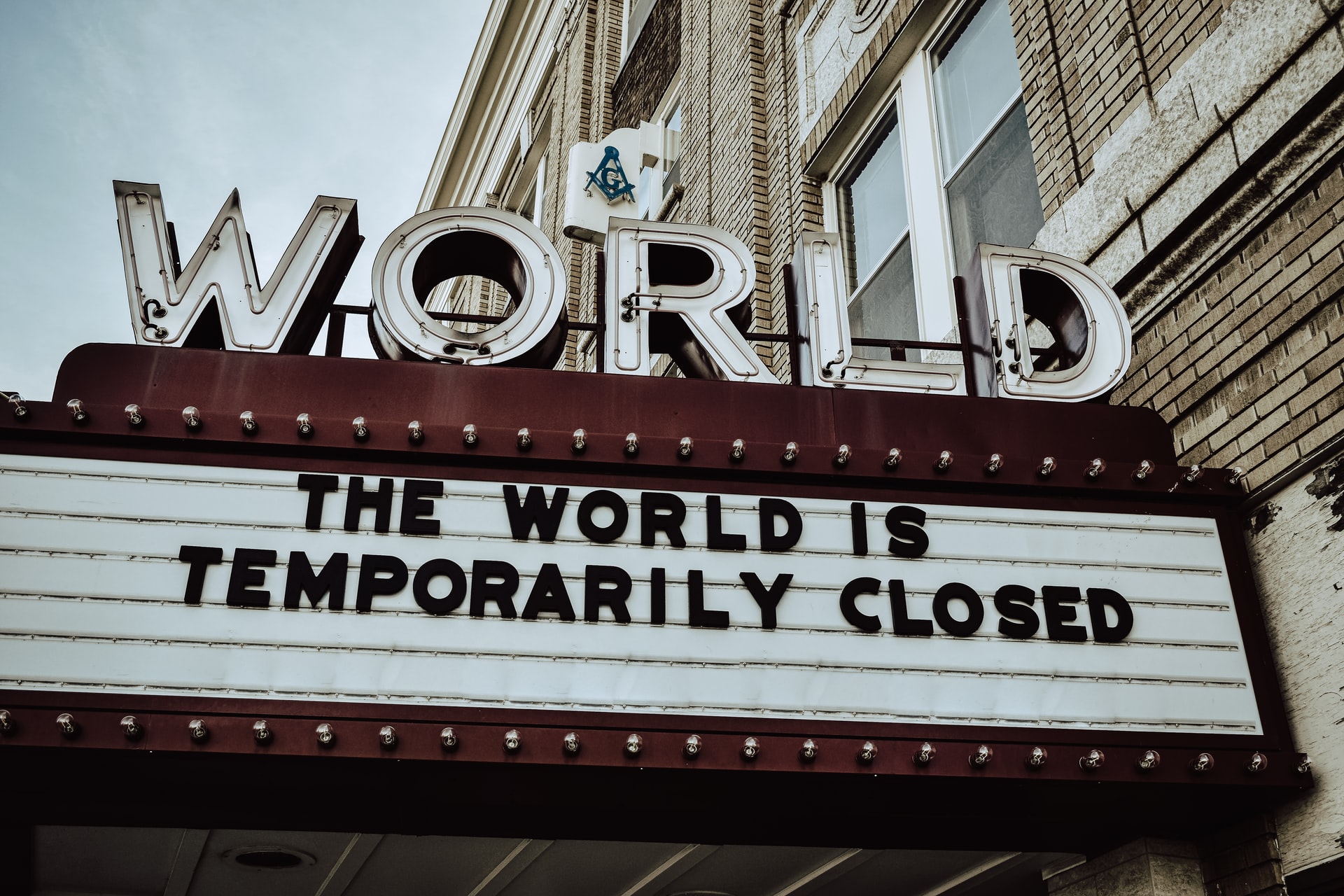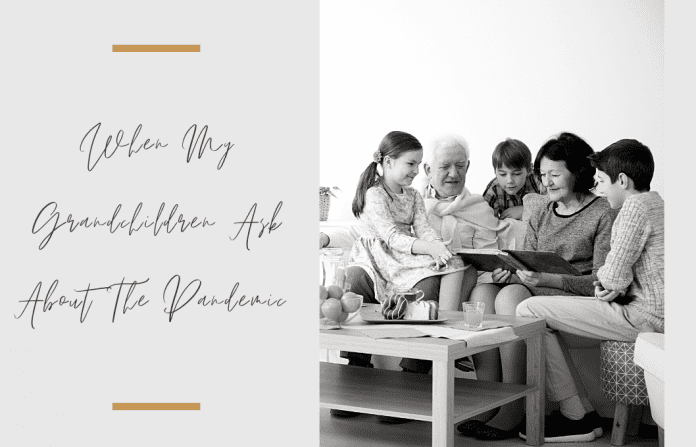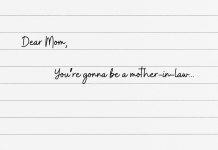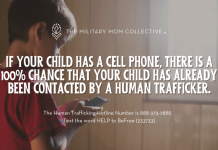When my grandma was alive, she told me three stories nearly every time I saw her: the one where she drove across the country with a girlfriend, the one where she joined the nurse cadet program during World War II, and the one where she met my grandfather in the VA hospital after he was honorably discharged from the Navy during the Korean War in the 1950s.
As far as I know, these were her most defining memories. They meant so much to her that they stayed in her mind, even when most everything else had disappeared from her recollection.
 When my grandchildren ask me about the pandemic (or more likely, when I start talking about it unprompted) I’m not sure which parts I’ll remember. But it might go something like this:
When my grandchildren ask me about the pandemic (or more likely, when I start talking about it unprompted) I’m not sure which parts I’ll remember. But it might go something like this:
The year was 2020. I was following the news intently, partially because of a general anxiety and partially because I loved following current world events. I heard about a mysterious virus aboard cruise ships and the mandatory 14 day quarantine of their passengers. I heard about Wuhan and the lockdown gripping its residents. But the day I heard about Italy felt different.
The novel coronavirus was sweeping across the most well-known landmarks of western civilization. It was causing people to die at alarming rates. There was a ventilator shortage, and there were images of medical staff triaging patients, leaving red X’s on the foreheads of people unlikely to make it.
Doctors were sounding the alarm about this unstoppable, fatal disease. They said there was no way to put out the fire and that it would soon cross man-made borders and invade every nation on Earth.
I stalked the statistics coming out of Italy for weeks, and I knew it must already be in my own backyard. I lived in a densely populated area near two international airports, so it was only a matter of time. I predicted that the arresting images coming out of Europe were coming our way soon.
I began preparing for the worst without knowing what that meant or how to do it.
I bought jugs of water, canned fruit, protein shakes. I put gas in the car. I took out a few hundred dollars in cash from the ATM. That seemed both insufficient and unnecessary. What’s the worst that could happen in suburban America?
Then the schools closed. Next, the playgrounds.

During the first days of our new reality, I saw a woman wearing a blue surgical mask while we were loading our car with mulch. I thought she was paranoid and probably the person single-handedly responsible for the toilet paper shortage. But she clearly knew much more than me.
We bubbled up with our neighbors who had two little kids who happily played with my own young daughter. We coordinated grocery trips and picked up extra milk. We helped each other with yard work. We wandered between driveways for months, sharing sidewalk chalk and several bottles of wine while we waited for better news. We became like family.
In June, it became evident that better news was not in the cards, but we did learn quite a bit about the virus. It was a respiratory infection that was transmitted by droplets in the air, meaning it would be very difficult to contract it from a surface or while in well-ventilated areas.
We began taking calculated risks.
We ordered take out for dinner and had professional haircuts for the first time in months from establishments that were following the safety protocols. I went to Target and a clothing store. My parents traveled six hours by car to visit us after much deliberation. We hugged family members while wearing homemade masks.
It was in these moments that we knew how much we lost. We lost vacations and spontaneous summer evenings. We lost date nights and the smiles of strangers. We lost an ungodly amount of lives, with the black and brown people paying a disproportionate price.
The cracks in our foundation were on full display.
Women were leaving the workforce in droves to care for their children while daycare centers and schools were closed. People were falling behind on their rent. The hospital system was overwhelmed. With so many crises unfolding simultaneously, it’s a miracle that we were still functioning at all.
My grandchildren might interject at this point and remind me that it happened a long time ago. No need to get worked up. After all, there was a vaccine and everything was fine.
I’ll probably nod and smile, not wanting to get into any more details concerning a collective heartache that happened well before their time.











